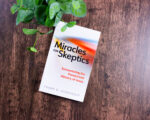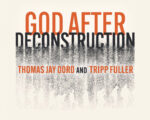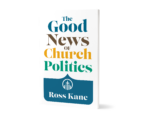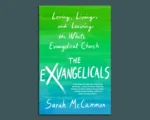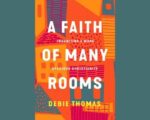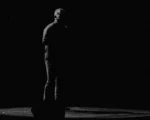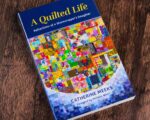Review: Miracles for Skeptics
In "Miracles for Skeptics: Encountering the Paranormal Ministry of Jesus," Frank G. Honeycutt draws out the deeper truths in the weird incidents from the Bible.
Review: God After Deconstruction
In "God After Deconstruction," Thomas Jay Oord and Tripp Fuller write for people experiencing the traumatic realities of discovering that what they once believed about God is no longer sustainable.
Review: Believe Me
In "Believe Me: The Evangelical Road to Donald Trump," John Fea argues that the evangelical approach to public life is defined by the politics of fear, the pursuit of worldly power, and a nostalgic longing for an American past.
Review: The Good News of Church Politics
In "The Good News of Church Politics," Ross Kane combines Scripture, political theology, and personal experience to reframe politics around shaping our common life.
Review: The Exvangelicals
In "The Exvangelicals: Loving, Living, and Leaving the White Evangelical Church," Sarah McCammon explores the rising generation of the children of conservative Christianity who are growing up and fleeing the fold.
Review: Gospel As Work of Art
In "Review: Gospel As Work of Art: Imaginative Truth and the Open Text," David Brown challenges us to expand our understanding of scripture past source criticism and historical Jesus studies to include works of imagination.
Review: A Faith of Many Rooms
In "A Faith of Many Rooms: Inhabiting a More Spacious Christianity," Debie Thomas takes readers on a deeply personal and profoundly theological odyssey.
Review & Giveaway: Ministers of Propaganda
This issue of A Public Witness explores what Scott Coley’s forthcoming book “Ministers of Propaganda: Truth, Power, and the Ideology of the Religious Right” reveals about the antidote to Christo-authoritarianism.
Review: A Quilted Life
In "A Quilted Life: Reflections of a Sharecropper’s Daughter," Catherine Meeks describes the adventures and adversity she encountered on her path to becoming an empowered voice for change.
Review: Jingjiao
In "Jingjiao: The Earliest Christian Church in China," Glen L. Thompson introduces readers to the surprising history of the early Eastern church — referred to as Jingjiao, or the Luminous Teaching.

